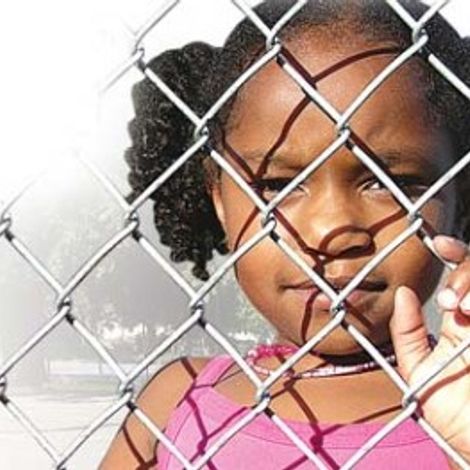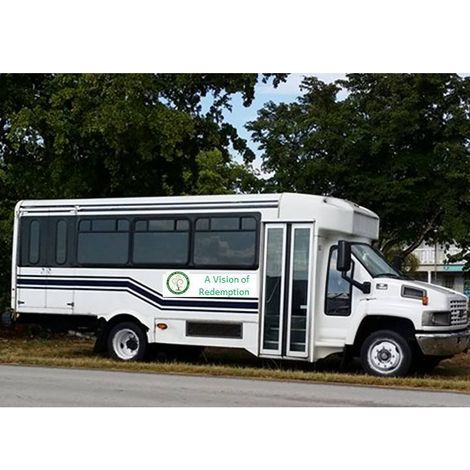Family ReConnection


For many of the nearly 300,000 children of incarcerated parents in Florida, daily life is full of hardships. These children often struggle with grief, shame, depression, and nonproductive behavioral patterns. These are some of the negative outcomes associated with parental incarceration which includes anger, misbehavior, withdrawal, lack of trust, feelings of isolation, lack of respect for authority and delinquency. Some children also have trouble at school, such as academic problems, suspensions, and truancy. Many children of incarcerated parents are at risk of developing mental illness and eventually become incarcerated themselves. Further, most live in homes with income levels well below the poverty line.
The distance between the location of the prison and the family residence appear to be a key predictor of the likelihood of any in-person contact with the parent. More than 60 percent of parents in state prison and 80 percent of federally incarcerated parents are residing in prisons more than 100 miles from their family’s last place of residence.
Transportation is known as one of the most common barriers to maintaining contact with a parent behind bars. Recognizing the numerous advantages for children to maintain a close and continuous support of both parents, AVOR provides a network of services which support the needs of both children of incarcerated parents and their custodial caregivers. Through the Family Visitation Program, AVOR endeavors to improve the emotional development, academic achievements, and social adaptability of children, leading to a greater quality of their stability and well-being.